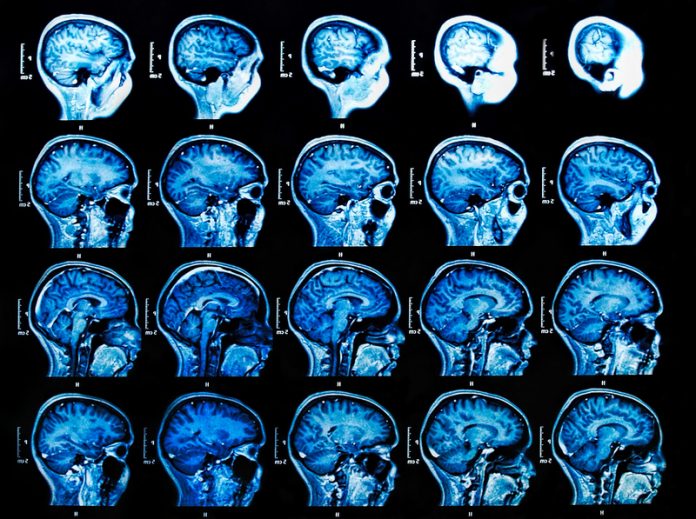Professor Serena Carra and her collaborators are investigating the important role of small heat shock proteins in age-related neurodegenerative diseases
Cells are frequently exposed to stress conditions that can damage their proteome, with consequences for their viability. To maintain a healthy proteome and preserve cell function, cells evolved a protein quality control system (PQC). This PQC system consists of molecular chaperones – heat shock proteins (HSPs), small HSPs and co-chaperones – and degradation systems (proteasome and autophagy).
Most HSPs are constitutively expressed; however, HSPs are also induced upon stress to allow cells to respond and adapt, and are therefore referred to as “stress proteins”. One of the key functions of chaperones is to cooperate with degradation systems to limit the accumulation of aggregation-prone proteins, a hallmark of many age-related neurodegenerative diseases. Genetic and experimental evidence demonstrates a direct link between imbalances in proteostasis, accumulation of protein-RNA aggregates and amyotrophic lateral sclerosis (ALS), Alzheimer’s disease (AD), frontotemporal dementia (FTD), and motor neuropathies. Moreover, mutations in small HSPs and co-chaperones (BAG3) cause neuromuscular diseases.
Due to the increasing average age of the population, the socioeconomic burden of these disorders is incrementing, urging us to find therapies that can delay their onset and alleviate or cure their symptoms. The research aimed at understanding the physiological functions of stress proteins, how they maintain protein-RNA homeostasis, and how their expression is regulated will be essential for the identification of drugs that will ensure a healthy proteome and healthy ageing.
Heat shock proteins: Further research and understanding
The direct link of small HSPs with human pathologies and their potential as therapeutic targets to cure cardiac and neurological diseases, as well as cancer, was the focus of an international workshop organised by Professor Serena Carra and sponsored by the Cell Stress Society International (Bertinoro, 2016). Worldwide experts in the small HSP field met to discuss two main aspects: first, the importance of supporting interdisciplinary research into the regulation and function of small HSPs; second, the need to understand how mutations in small HSPs lead to disease in humans, therefore providing innovative insight for therapeutic drug design.
Understanding the implication of small HSPs in human disease represents the core of the research program directed by Professor Carra. With the support of the Italian Ministry for Education, University and Research, the Italian Ministry of Health, the Italian Foundation for Research on ALS and the Telethon Foundation, and together with her collaborators Professor Simon Alberti (MPI CBG, Dresden), Professor Angelo Poletti and Dr Valeria Crippa (University of Milan), Dr Cristina Cereda (IRCCS Casimiro Mondino) and Dr Jessica Mandrioli (University of Modena), Serena Carra recently discovered a chaperone-mediated quality control pathway called granulostasis that maintains the functionality of stress granules (Ganassi et al., 2016).
Stress granules are ribonucleoprotein complexes induced by cells exposed to stress. While stress granules are highly dynamic in healthy cells, they become dysfunctional and less dynamic in ALS, AD and FTD, ultimately accumulating and contributing to disease. Boosting the HSPB8-BAG3-HSP70 granulostasis complex might help the cells to maintain the functionality of stress granules, thereby delaying disease progression. Carra and her collaborators are synergising their efforts to identify other players of granulostasis and discover drugs that can upregulate the HSPB8-BAG3-HSP70 complex for therapeutic use.
In parallel, the research team also identified mutations in HSP genes linked to rare neuromuscular diseases that are the object of current investigations.
Serena Carra
Associate Professor of Molecular Biology
Centre for Neuroscience and Nanotechnology
Tel: +39 059 2055265
Please note: this is a commercial profile











